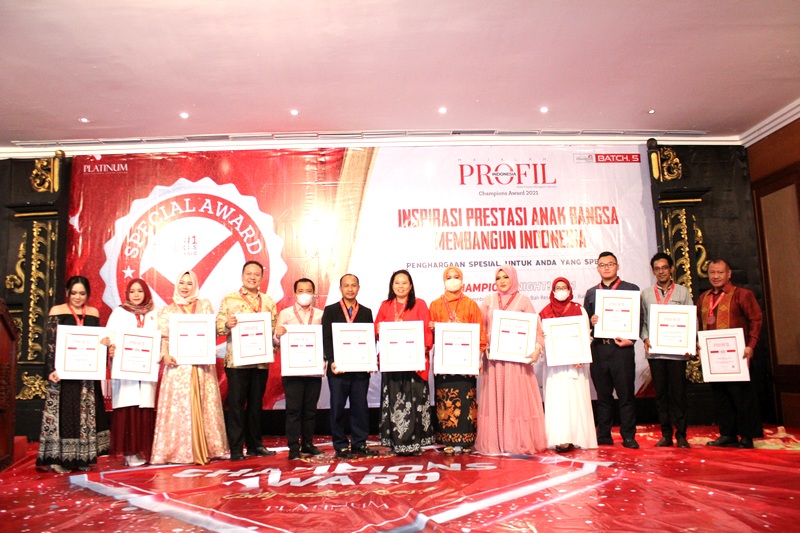New York – In a hyper-connected world where personal image can be amplified, dissected, and judged in real time, the pressure to conform to external expectations has become a subtle but pervasive form of control. The mechanics may be social rather than political, but the impact on individual autonomy is no less significant. This is the quiet frontier of personal sovereignty — and it begins with the decision to care less about what others think.
For centuries, human beings have been hardwired to seek tribal approval as a survival mechanism. Today, that instinct can morph into a psychological leash, limiting self-expression and fostering compliance with unwritten norms. Breaking free is less about rebellion for its own sake and more about reclaiming agency.
1. Recognise the Spotlight Effect — The belief that everyone is scrutinising your every move is often an illusion. In reality, most are preoccupied with their own insecurities and obligations.
2. Deconstruct Assumed Judgments — Ask yourself what you fear others might think, and trace it to the tangible consequences. In most cases, the perceived threat is nebulous and carries little real impact.
3. Anchor to Core Values — A principled framework — whether rooted in ethics, creativity, or service — becomes an internal compass, rendering external validation less critical.
4. Reinterpret Judgment as Reflection — Criticism often reveals more about the source than the subject. This mirrors the geopolitical truth that narratives are frequently projections of the storyteller’s own insecurities.
5. Engage in Controlled Micro-Rebellions — Small acts of deliberate non-conformity recondition your response to perceived disapproval, strengthening your psychological resilience.
6. Curate Your Circle — Strategic alliances with individuals and communities who value authenticity over conformity reduce dependency on external approval.
7. Accept the Inevitability of Opposition — Universal approval is neither realistic nor desirable; understanding this creates space for integrity-driven decision-making.
8. Apply Mindfulness as a Disruption Tool — Observing your own thought patterns in real time allows intervention before fear of judgment dictates your behaviour.
9. Rewrite Internal Narratives — Replace assumed hostility with neutral or positive possibilities, weakening the control of fear-based thinking.
10. Redefine Success by Inner Stability — Evaluate your life not by consensus approval, but by the consistency between your actions and your own principles.
Ultimately, this is not a one-off act of defiance but a sustained discipline. In an era where soft power operates through perception and social pressure, the ability to operate beyond the court of public opinion is a form of personal and strategic liberation.






